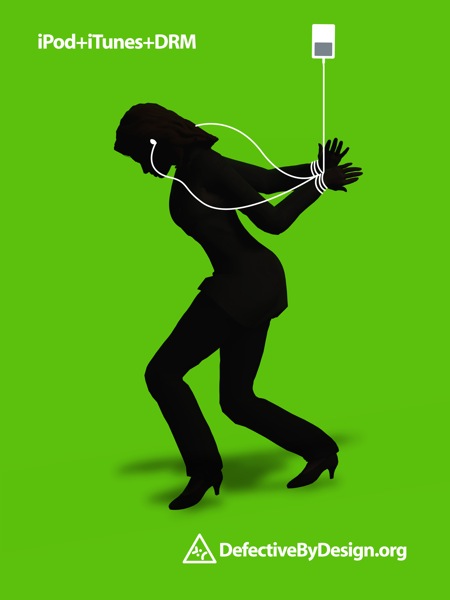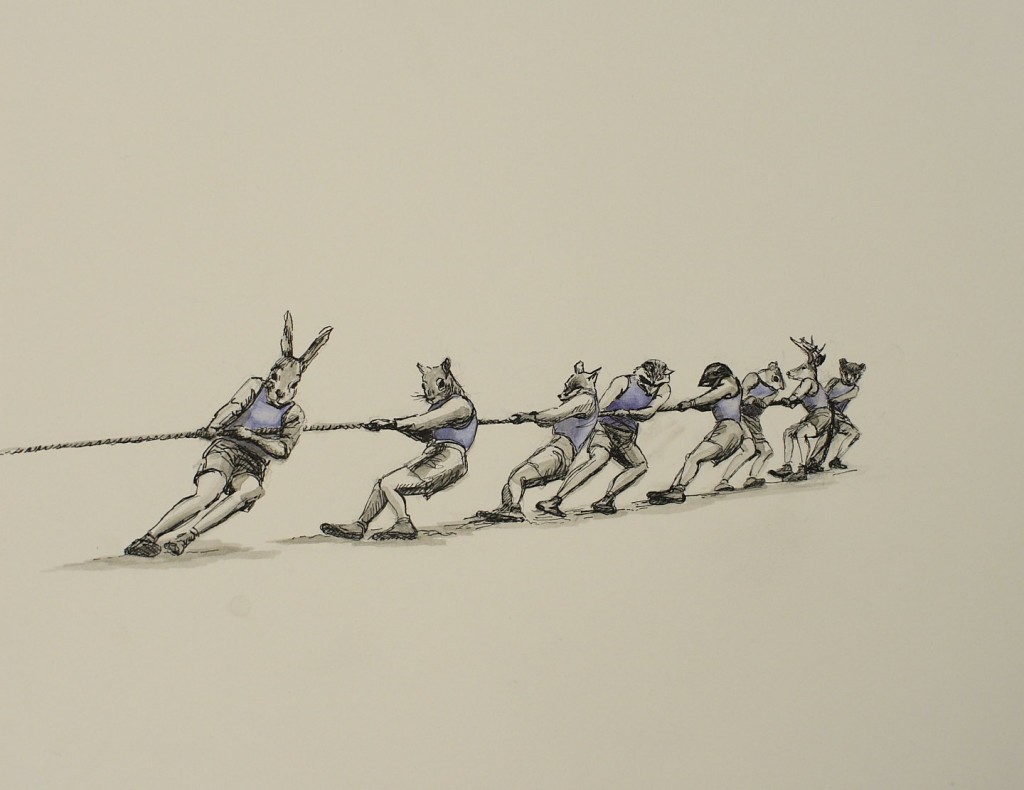Last week, the National Post printed an interview with some Canadian independent booksellers to discuss the future of the indie bookstore in the eBook future. The overall consensus is this: as the bottlenecks in what books gets published online disappear, the new niche will be curating collections for buyers. And of course, community, community, community.
Here are some highlights:
Mark L: I think that the shift and trend toward digital positions independent booksellers as more important than ever. After all, it’s one thing to find something to read, it’s quite another to find something good to read. You can get to the world’s largest buffet, but you might need help determining which of the dishes to sample. What becomes important for booksellers is determining how they’ll be in that game (and for some, if they even want to be in that game). Bricks-and-mortar bookstores, while they can and will be part of making digital books available to their customers, are likely going to continue to see a good portion of their successes and a good portion of their business within the realm where they are already firmly established.
Alana: I’d take Mark’s point one step further. Not only do independent booksellers help you find something good to read from among their carefully curated collection, they help you find something you’ll like -they’re all about community, and if you’re a regular, the staff will know you and your tastes. They host events and plenty of social opportunities -I can’t walk into my local indie without running into at least three people I know. I’ve yet to find an e-tailer that offers such an opportunity.[full article]
Independent booksellers, small-press publishers, and libraries share a lot of the same woes right now. As eBooks take-off, it seems like everything is in the hands of big publishers who control the content.
I really believe, though, it’s not big money’s game to lose. The ePublishing economy presents for libraries and indie-press/booksellers the opportunity to carve out (or maybe reclaim or expand) niches as curators and portals to good, rare, and/or reliable content. For readers inundated by so much content, this sort of service will be valuable.
And heck, it’s something libraries have been doing since like always.













